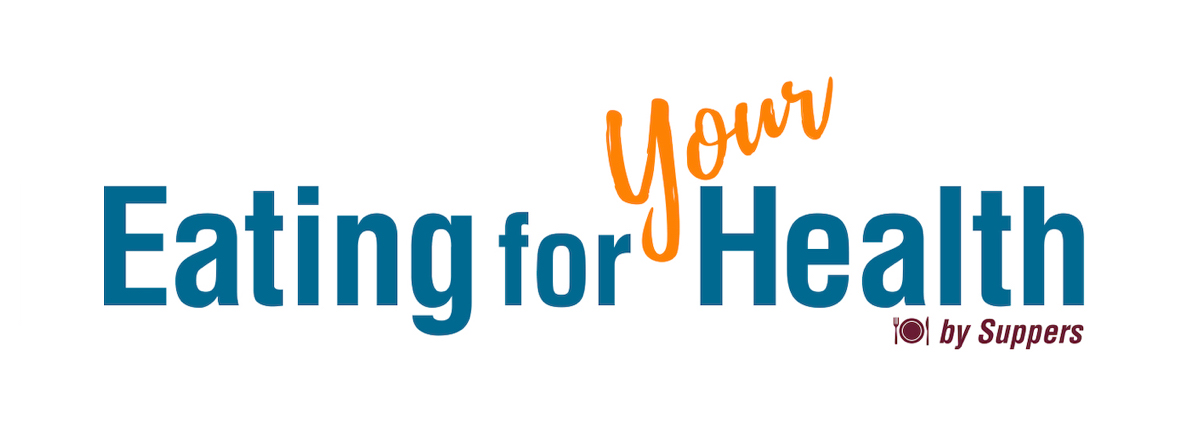Do You Suffer From Decision Fatigue? by John Tierney, New York Times Magazine, August 17, 2011.
We're sharing this article on decision fatigue that appeared in the New York Times Magazine because it illustrates so many of the points we address at our brain health meetings and our blood sugar and mood chemistry meetings.
It concerns what happens to our capacity to make good decisions when our brains are out of fuel.
The opening scenario examines three Israel prisoners before a parole board, only one was granted freedom. An Arab Israeli was considered at 8:50 a.m., Jewish Israeli at 3:10 p.m. and an Arab Israeli at 4:25 p.m. Researchers uncovered no pattern in judges’ decisions related to the crime or their ethnic background or the sentences. After analyzing about 1,100 decisions, the pattern that emerged was that 70% of early morning cases received parole while those seen late in the day, only 10%. “The mental work of ruling on case after case, whatever the individual merits, wore them down.”
“Decision fatigue helps explain why ordinarily sensible people get angry at colleagues and families, splurge on clothes, buy junk food at the supermarket and can’t resist the dealer’s offer to rustproof their new car. No matter how rational and high-minded you try to be, you can’t make decision after decision without paying a biological price."
“Ego depletion” refers to a person’s finite store of mental energy. There comes a point where good choices and thoughtful decision making cannot be expected from the depleted brain. The phenomenon relates to all manner of decisions, and the exhaustion leaves people open to making poor decisions, including reaching for the sweet snacks located at the cash register after you achieve decision fatigue while shopping.
Further research revealed that sugar restores will power. The brain changes that occur in the fatigued state were completely reversed by sugar (glucose is the most usual brain fuel). The author noted that there are many people who exercise considerable control in all other areas of their lives but fall apart when it comes to food. It’s a Catch 22:
In order to not eat, the dieter needs will power.
In order to have will power, the dieter needs to eat.
“Good decision making is not a trait of the person, it’s a state that fluctuates.”
The article is quite lengthy, but it’s a wonderful springboard into discussion at any blood sugar or brain health Suppers meeting. Tierney concludes: “Even the wisest people won’t make good choices when they’re not rested and their glucose is low”…That’s why the truly wise don’t restructure the company at 4 p.m. They don’t make major commitments during the cocktail hour. And if a decision must be made late in the day, they know not to do it on an empty stomach. “The best decision makers,” Baumeister says, “are the ones who know when not to trust themselves.”
John Tierney (tierneylab@nytimes.com) is a science columnist for The Times. His essay is adapted from a book he wrote with Roy F. Baumeister, “Willpower: Rediscovering the Greatest Human Strength.”
What was not covered in the article -- and what is a good item for further consideration in the context of Suppers -- is the quality of the brain fuel and the effects of giving not just fuel (sugar) but also structural materials to the brain (fats and proteins). Discussion prompts may include asking for examples of times when hunger and depletion resulted in poor decision making and how you can plan wisely and practice nutritional harm reduction to reduce the chances of making low quality decisions due to brain fatigue.
